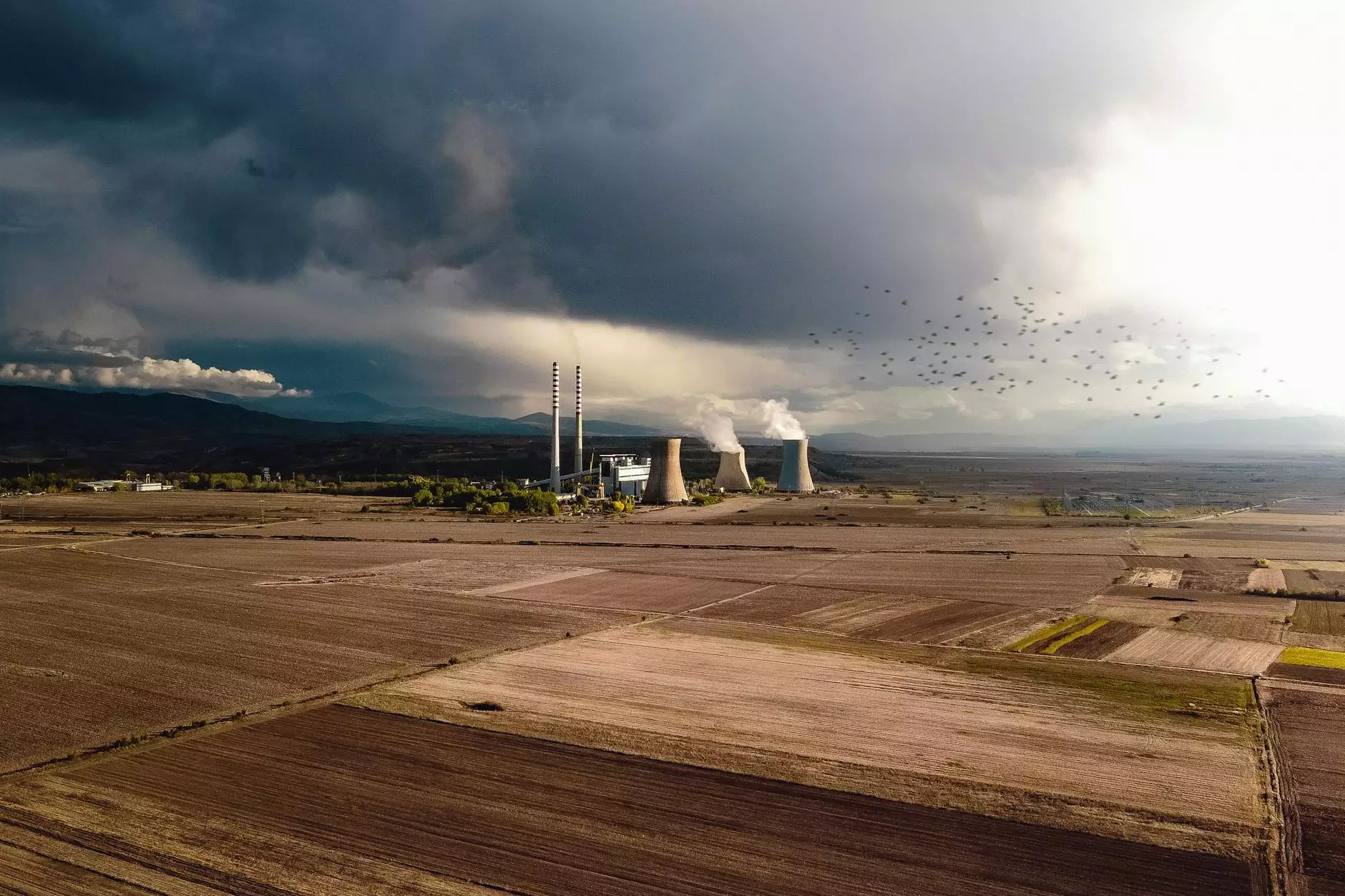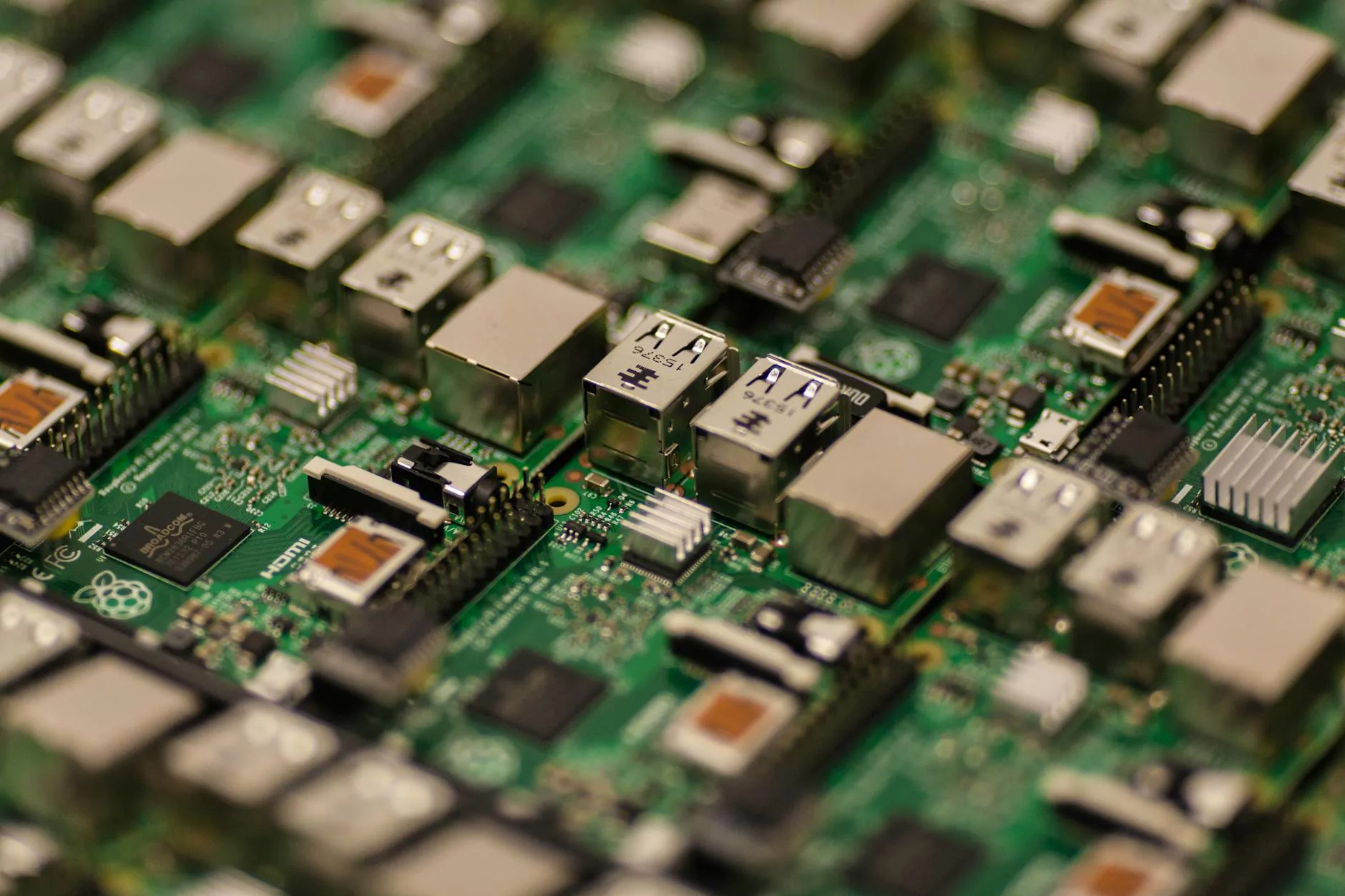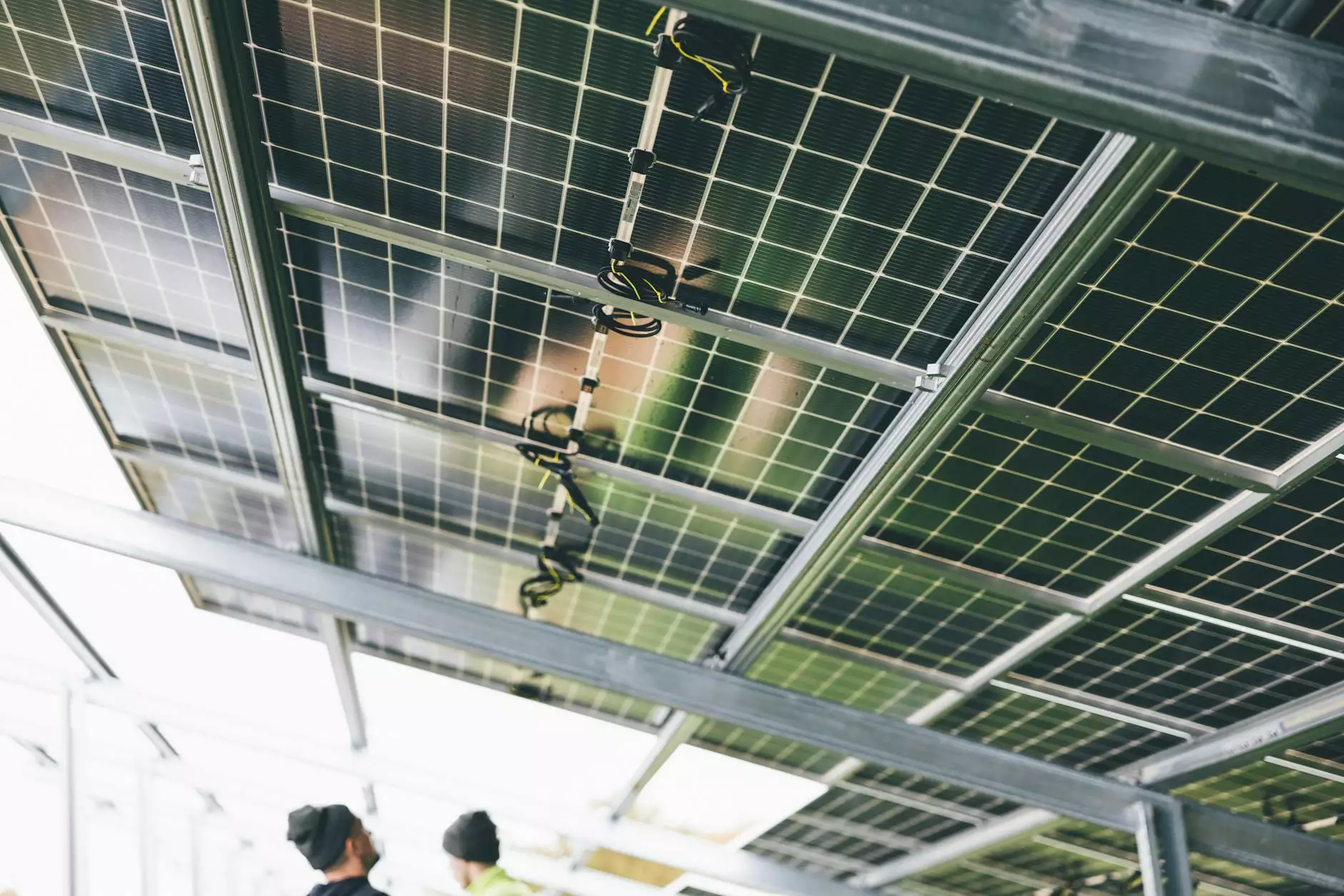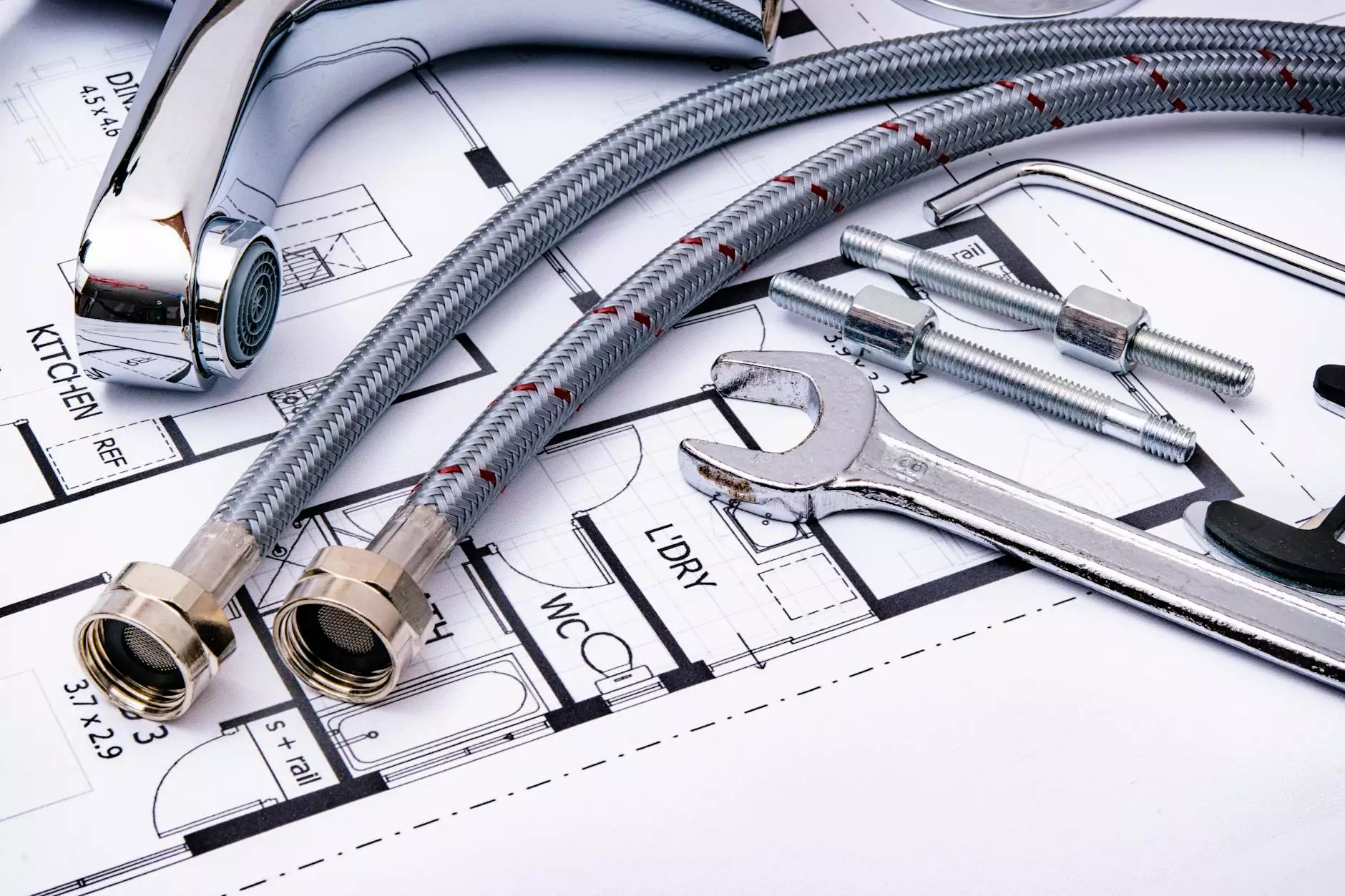Solar FAQ
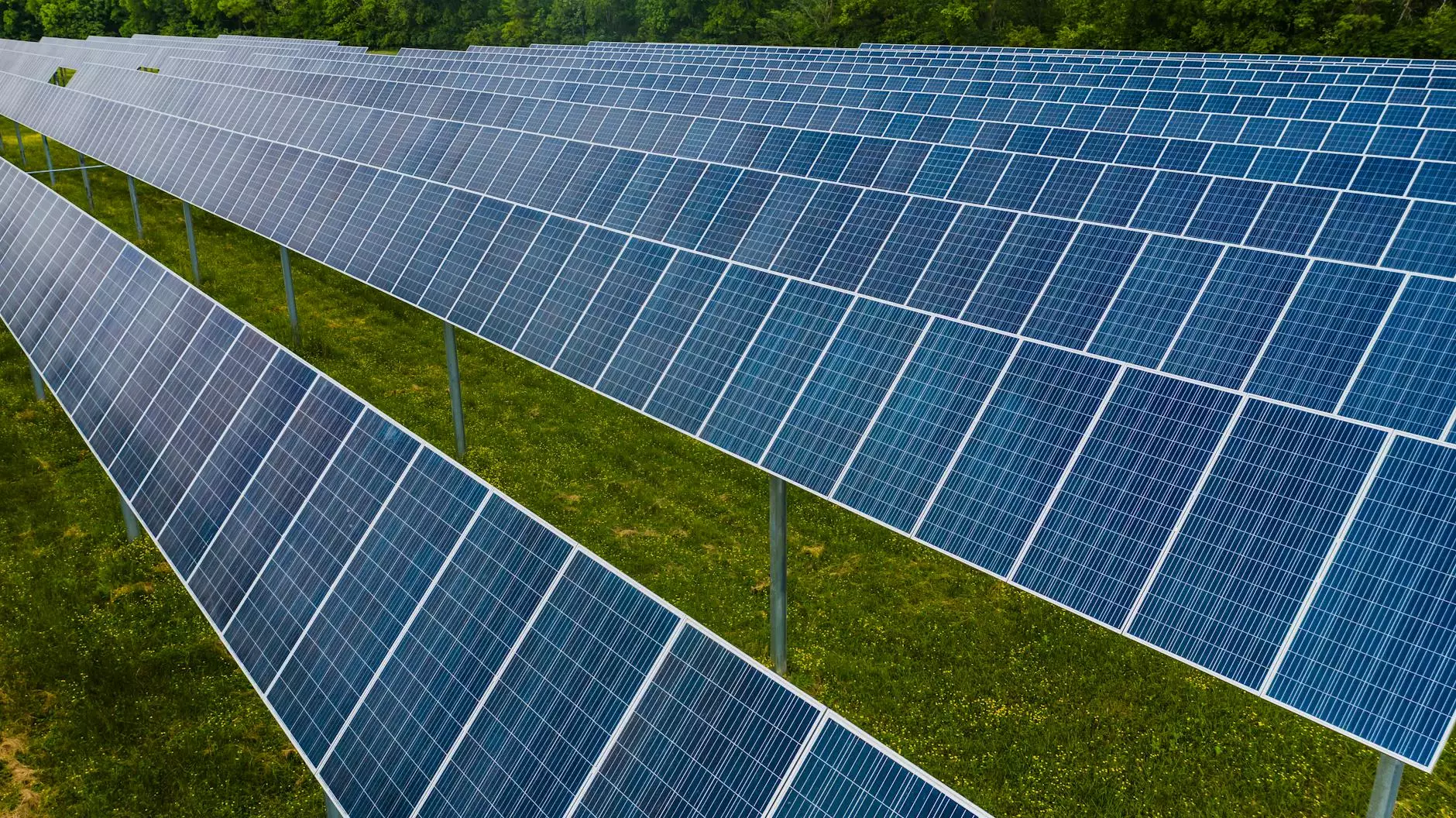
What is Solar Energy?
Solar energy is a form of renewable energy derived from sunlight. It involves capturing and converting sunlight into usable electricity or heat using photovoltaic panels or solar thermal systems. Solar power is clean, sustainable, and does not produce harmful greenhouse gas emissions.
How Do Solar Panels Work?
Solar panels consist of photovoltaic cells that convert sunlight into electricity through an intricate scientific process called the photovoltaic effect. When sunlight hits the panels, the semiconducting material within the cells absorbs the photons, generating a flow of electrons. This flow creates a direct current (DC) that is then converted to alternating current (AC) using an inverter for home use.
What are the Advantages of Solar Energy?
Solar energy offers numerous benefits:
- Cost Savings: By generating your own electricity, you can reduce or even eliminate your monthly utility bills.
- Environmental Impact: Solar power produces clean energy and helps combat climate change by reducing carbon emissions and dependence on fossil fuels.
- Incentives and Tax Credits: Governments and organizations often offer financial incentives and tax credits for installing solar panels, making it a more affordable option.
- Increased Property Value: Homes equipped with solar panels typically have higher resale values, attracting environmentally conscious buyers.
- Energy Independence: Solar power provides a reliable and independent energy source, reducing reliance on the grid and potential electricity outages.
Can Solar Power Be Used at Night or on Cloudy Days?
Solar panels still generate electricity on cloudy days, although at a reduced capacity compared to sunny days. Additionally, excess electricity generated during the day can be stored in batteries for night-time use. The use of net metering can also allow you to benefit from any surplus energy generated, by feeding it back into the grid and receiving credits to be used during low sun periods.
Are Solar Panels Worth the Investment?
Investing in solar panels can provide significant long-term benefits. While the initial installation cost may seem high, the savings in energy bills, tax incentives, increased property value, and reduced carbon footprint make solar panels a valuable investment. The return on investment (ROI) varies depending on factors such as location, energy consumption, and available incentives. Many homeowners see a positive return on their investment within 5 to 10 years.
What Factors Should I Consider Before Installing Solar Panels?
Before installing solar panels, it's important to consider the following factors:
- Sun Exposure: Assess the amount of sunlight your property receives throughout the year to determine the potential energy output of the solar panels.
- Roof Suitability: Evaluate the condition and orientation of your roof to ensure it can accommodate solar panels and maximize their efficiency.
- Financial Analysis: Perform a cost-benefit analysis to understand the potential savings, payback period, and return on investment for solar panel installation.
- Regulations and Permits: Understand local regulations, permits, and building codes required for solar panel installation.
- Energy Consumption: Assess your current energy consumption to determine if solar panels can meet your electricity needs.
How Long Do Solar Panels Last?
Solar panels have a lifespan of approximately 25 to 30 years. However, the actual performance and longevity depend on various factors like the quality of installation, maintenance, and environmental conditions. Regular cleaning and inspections can help optimize their efficiency and extend their lifespan.
Are There Maintenance Requirements for Solar Panels?
Solar panels generally require minimal maintenance. Regular cleaning to remove dust, debris, or snow will ensure optimal performance. Periodic inspections by professionals can identify any issues and ensure the panels operate efficiently. Additionally, it's important to keep the areas surrounding the panels clear to avoid shading and maximize sunlight absorption.
Can I Install Solar Panels Myself?
While it is technically possible for skilled individuals to install solar panels themselves, it is highly recommended to hire a professional solar installer. Professional installers have the expertise, tools, and knowledge to safely and efficiently install the panels, ensuring compliance with local regulations and maximizing their performance. DIY installations may result in suboptimal efficiency, regulatory non-compliance, and potential safety hazards.
Contact Alpine Heating & Air Conditioning for Solar Solutions
If you're considering solar energy for your home or business, Alpine Heating & Air Conditioning can help. Our team of experienced professionals specializes in solar panel installation, ensuring a seamless integration into your property. Contact us today for a consultation and harness the power of the sun to meet your energy needs efficiently.



